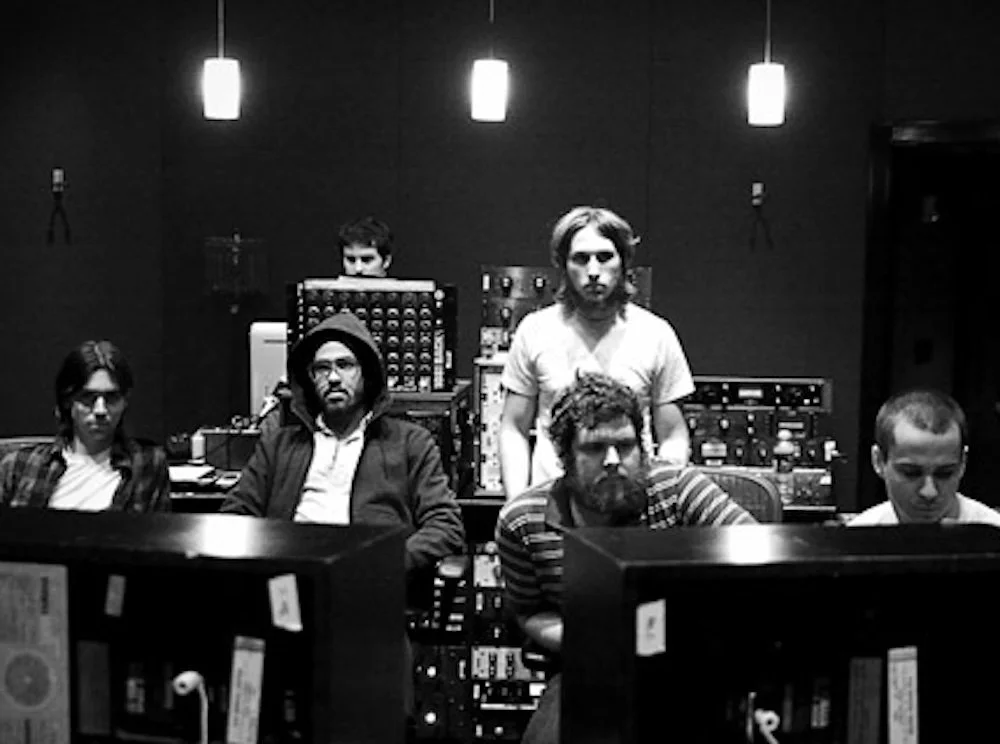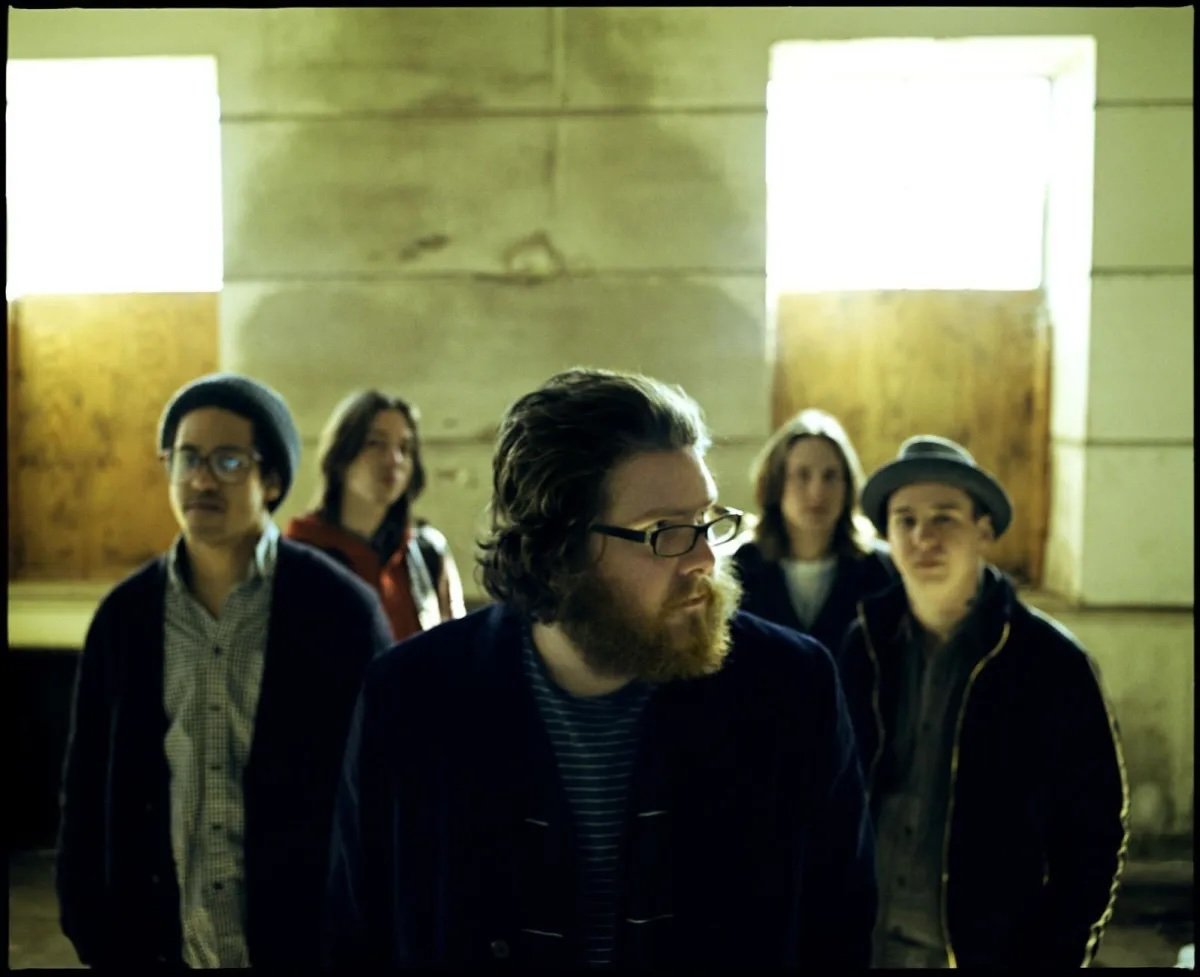the making of mean everything to nothing by manchester orchestra - featuring andy hull
For the 15th anniversary of Manchester Orchestra’s second album, Mean Everything to Nothing, we take a detailed look at how it was made. The band started in 2004 as an outlet for Andy Hull’s songwriting that he was doing as a teenager growing up in Atlanta, Georgia. Hull connected with bassist Jonathan Corley and drummer Jeremiah Edmond and self-released their first EP in 2005. Keyboardist Chris Freeman joined the band and their debut album, I’m Like a Virgin Losing a Child was released in 2006 on their own label. They got the attention of Canvasback Recordings, who signed them to a deal and re-released the album one year later. Guitarist Robert McDowell ended up joining the band and they began working on their second album, with Joe Chiccarelli producing. Mean Everything to Nothing was eventually released in 2009.
In this episode, Andy Hull reflects on the pressure he felt suddenly being on a major label and working with a big name producer. Expectations for the band were high and he describes his ambition to rise above the sophomore slump and deliver a great record. Inspired by Weezer’s Pinkerton, he talks about wanting to make an emotionally raw sounding record that reflected his turbulent personal life at this time as he was getting married and wrestling with his faith and his Christian upbringing. The resulting album made for a cathartic experience that provided a deep and long lasting connection with their audience. From shredded vocal chords to writing autobiographically and not overthinking lyrics to panic attacks on tour to reinterpreting the hymn “Come Thou Fount” to a meltdown after losing a hundred dollar bill, we’ll hear the stories around how the record came together.
Purchase Mean Everything to Nothing
Listen: Apple - Spotify - Other
Episode Credits:
Intro/Outro Music:
“You Chip Away Everything that isn’t an Elephant” by Mt. Oriander
Episode produced, edited and mixed by Dan Nordheim
Additional mixing and mastering by Jeremy Whitwam
Episode art by Scott Arnold





